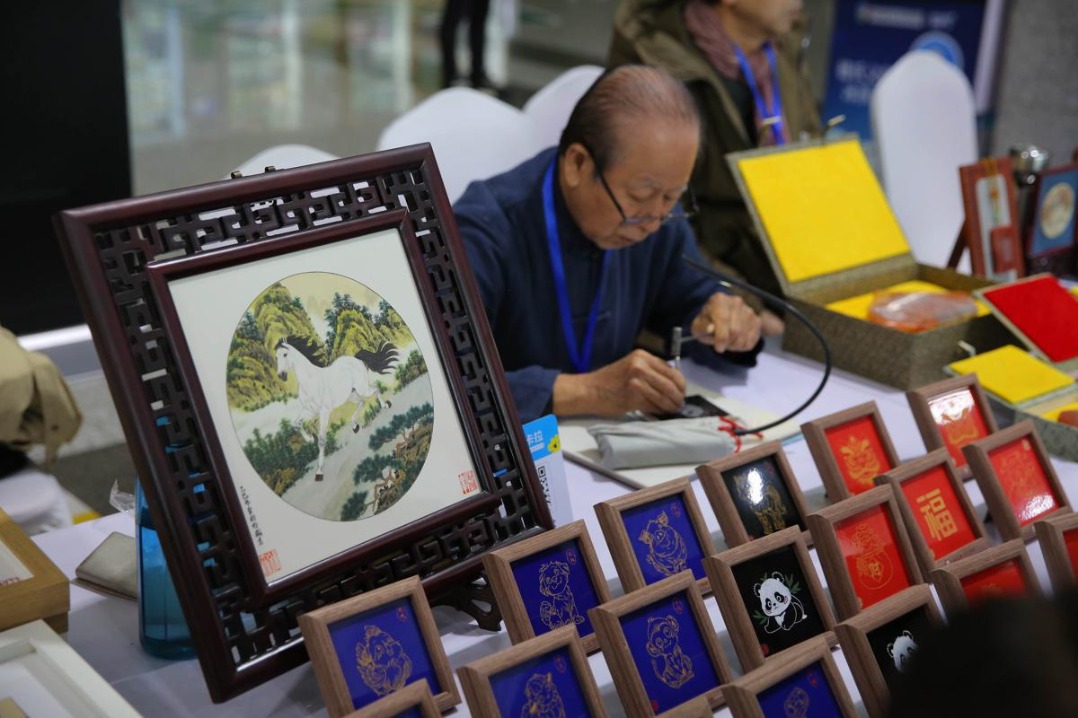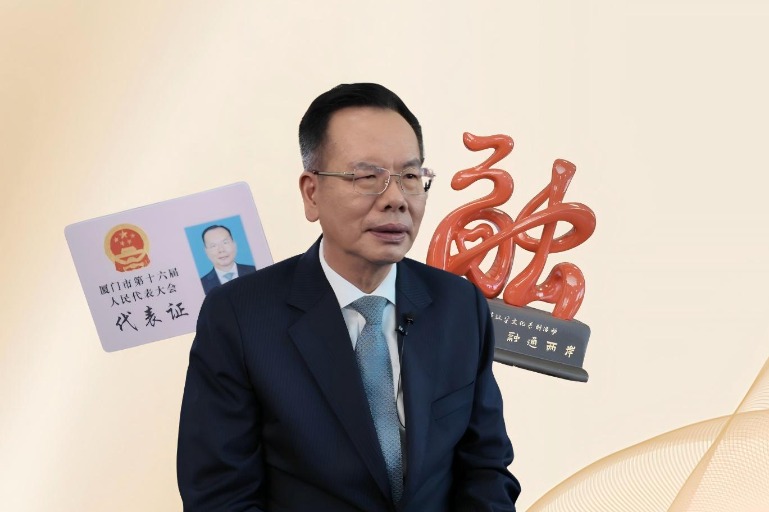Premier pledges funds for rural education, national healthcare


The Chinese government will increase funding for compulsory education and medical insurance as it works to improve rural residents' access to public services, Premier Li Keqiang said on Friday.
Despite the fact that incomes have been growing in step with GDP, there is still a notable gap between incomes in urban and rural areas, he said.
"It will take a long time for us to achieve equal access to public services across the country," the premier told the news conference held following the closing of the fifth session of the 13th National People's Congress.
Li said that he had received a report earlier this year listing the 10 top hopes people have for their lives. Most concerned basic living needs and most came from rural residents.
"Protecting and promoting lives is a fundamental reason for the government's efforts to grow the economy," he said. "The government must continue to do all it can within its capacity to keep making improvements to people's lives."
Li vowed consistent efforts to enhance compulsory education in rural China, and to improve the national medical insurance system.
China's fiscal revenues reached 20 trillion yuan ($3.2 trillion), but the country still faces financial strain in some instances. "However, we have ensured that government spending on education remained above 4 percent of GDP for 10 consecutive years. This was by no means easy," he said.
Li said that most of the government funding increase has gone toward compulsory education in rural areas, where 760 million people still live.
"We will ensure that more funds are channeled to support compulsory education in rural and remote areas," he stressed.
Though China has established the world's largest medical insurance system, which covers roughly some 1.4 billion people, Li said that its "benefits are still quite modest at the moment".
He said that the government will increase subsidies for basic medical insurance by an average of 30 yuan per person, and the general reimbursement ratio for medical treatment to 70 percent.
"In particular, we need to consolidate the outcomes of ending absolute poverty and provide particular support to prevent people from falling back into poverty due to major illnesses," he emphasized.
- Taiwan businessman: Taiwan compatriots will see more opportunities in next five-year plan
- Xinjiang reports highest foreign trade growth in China
- Harbin authorities demand return of pensions paid out to deceased
- Global research project on AI guardrails launched in Beijing
- Partnering with China, embracing opportunities
- China's cyberspace regulators announce measures for protection of minors



































